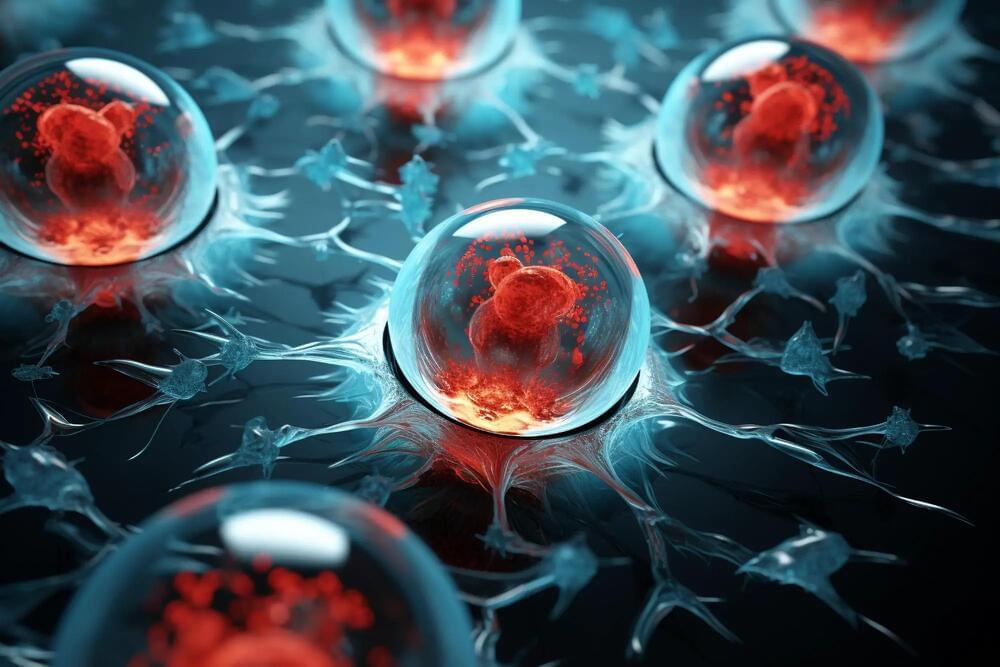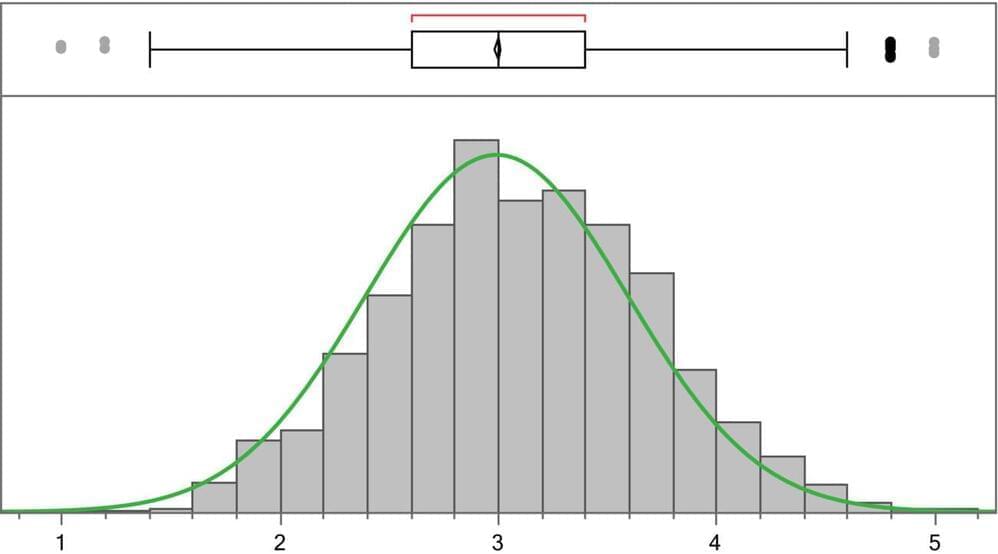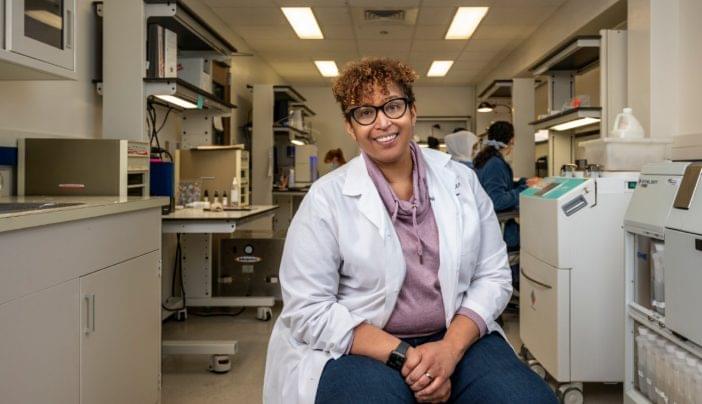We are pleased to announce Claude 2, our new model. Claude 2 has improved performance, longer responses, and can be accessed via API as well as a new public-facing beta website, claude.ai. We have heard from our users that Claude is easy to converse with, clearly explains its thinking, is less likely to produce harmful outputs, and has a longer memory. We have made improvements from our previous models on coding, math, and reasoning. For example, our latest model scored 76.5% on the multiple choice section of the Bar exam, up from 73.0% with Claude 1.3. When compared to college students applying to graduate school, Claude 2 scores above the 90th percentile on the GRE reading and writing exams, and similarly to the median applicant on quantitative reasoning.
Think of Claude as a friendly, enthusiastic colleague or personal assistant who can be instructed in natural language to help you with many tasks. The Claude 2 API for businesses is being offered for the same price as Claude 1.3. Additionally, anyone in the US and UK can start using our beta chat experience today.
As we work to improve both the performance and safety of our models, we have increased the length of Claude’s input and output. Users can input up to 100K tokens in each prompt, which means that Claude can work over hundreds of pages of technical documentation or even a book. Claude can now also write longer documents — from memos to letters to stories up to a few thousand tokens — all in one go.








